GDPR: Two big benefits advertisers can expect in 2018

This year, GDPR will go into effect. With that comes new rules surrounding digital data collection -- specifically, data from consumers. Now, EU audiences will have more control over how their personal information is mined and used.
In the advertising world, reception to this new regulation has generally been icy. Advertisers rely on consumer data to develop personal -- and ultimately successful -- advertising experiences. GDPR, however, will treat both anonymous and personal data in the same way, which could have a major impact on ad experiences for consumers in Europe.
What’s more, there are some compliance costs that go hand-in-hand with GDPR. Those who don’t comply will face fines that could amount to as much as 4% of global revenue. While this new law will likely cause problems for advertisers, it also brings several long-term benefits for those who choose to embrace the inevitable. Here’s a closer look at two of them.
1. Data Quality
While the compliance costs advertisers face under GDPR might seem problematic on the surface, these hikes actually stand to benefit advertisers, particularly given how the industry perceives data strategy. Most advertisers are interested in volume. They like to hoard data in the hopes that something will reveal an actionable signal later.
GDPR itself will deliver higher-quality, more authentic data
Under GDPR rules, however, it’ll become more expensive for advertisers to maintain and analyze this limitless library of data. As a result, they’ll be forced to ditch size in favor of only the highest quality information.
Keep in mind -- nearly a third of marketing data becomes unusable after just one year. As data privacy regulations impact what can and can’t be collected, stored and analyzed, the emphasis on quality over quantity will re-focus advertisers on meaningful datasets that actually drive actionable value and real ROI.
In addition, GDPR itself will deliver higher-quality, more authentic data from EU consumers. This is the result of a higher threshold for opt-in and consent. While GDPR will limit the amount of data that can be collected for ads, the quality yielded will be a big win for advertisers.
2. Ad Experiences
Ultimately, better data will positively impact ad experiences. These days, consumers continue to tune out irrelevant advertisements. A global study by Marketo, for example, polled more than 2,000 and found that two-thirds of respondents were annoyed by impersonal, generic ad campaigns. And today, it’s become easier than ever to ignore advertisements. According to AudienceProject, 47% of people in the U.K. block them.
In short, many of the ads that people see simply aren’t relevant to their interests or browsing habits.
improved personalization will deliver more effective, successful ad strategies
So, to win over the attention of consumers -- and ultimately be more successful -- they need to be ultra-targeted and more personal. These are the types of ads that customers crave. In fact, 71% of consumers are more likely to engage with ads that are personalized.
Enter GDPR.
Under the new rule, brands and agencies will have access to better data because of opt-in requirements. This will enable smarter, more effective advertising. Since the rule helps advertisers swap out irrelevant, noisy data with information that is customer-verified, they’ll be able to develop more meaningful, tailored experiences.
This means less tune out and apathy. For advertisers, improved personalization will deliver more effective, successful ad strategies and enhanced ROI.
With the GDPR law nearly upon us, there are plenty of ways for advertisers to reap the benefits. Stronger data quality and better ad experiences are two ways these new regulations can make their marketing strategies stronger and more profitable.
Source: Chris Hogg, Marketing Tech News


